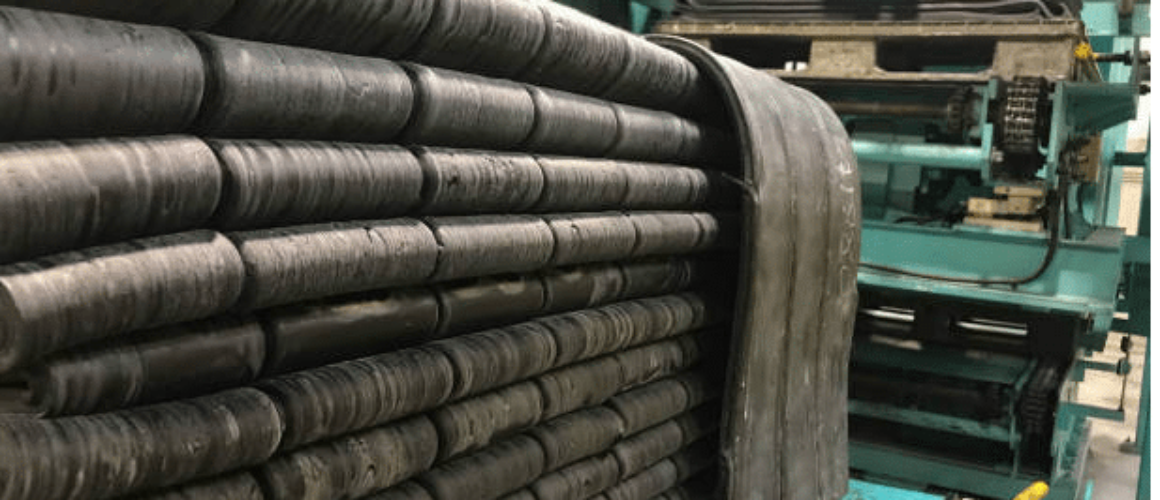Why Quality Control is essential in Rubber Manufacturing?
Rubber plays an integral role in our daily lives from tires for our vehicles, to seals for our plumbing, and on the gaskets for our machinery. However, it’s manufacturing is a complex process that requires precision and close attention to detail. The heart of rubber manufacturing lies in quality control which ensures the integrity of the final product and its impact on various aspects of business operations.
Quality control in rubber manufacturing directly impacts these 6 essential aspects of business operations.
- Product Consistency: Ensuring Reliability Across Batches
It is essential for manufacturers to ensure that every batch of rubber goods has the same chemical makeup and physical properties. This can be done by following strict standards and monitoring key parameters throughout the production process. Such consistency is crucial for meeting customer needs and ensuring that each batch performs as expected.
- Customer Satisfaction: Delivering Reliable Products
Consistent supply of high-quality products is essential for customer satisfaction. Happy customers are more likely to make repeat purchases and recommend the products to others.
- Compliance: Upholding Standards and Ethics
Quality control means upholding with industry standards and ethical practices. Strict quality control protocols only demonstrate commitment of manufacturers to produce reliable and safe products that would meet customers demands and even avoid legal issues and penalties while enhancing customers trust and loyalty.
- Cost Reduction: Minimizing Waste and Rework
Effective quality control measures help in identifying and addressing defects in early stages of production process which minimizes waste, reduces rework and optimises efficiency. This not only lowers the cost of production but also makes operations run more smoothly, which helps companies stay competitive in the market.
- Risk Mitigation: Protecting Brand Reputation
Quality control is essential for mitigating risks associated with products defects. Identifying and assessing quality issues can minimise the risk of costly recalls, warranty claims, and damage to their brand reputation. Quality control measures not only protects the interests of the company but also creates customer’s trust.
- Continuous Improvement: Driving Innovation and Excellence
Quality control measures should stay updated with the advancements and innovations. Continuous improvement is the key to staying ahead of the competition and making the best rubber goods, whether it’s by making production methods better, designing better products, or adding new technologies.
Quality control is vital for success and growth in the rubber industry. It affects every part of a business. It ensures that things are consistent and customers are satisfied with the product quality and usage. It also enforces standards, boosts efficiency, lowers risks, and encourages new ideas. By putting quality control first, manufacturers can set themselves up for long-term success and establish themselves as leaders in rubber manufacturing industry.


